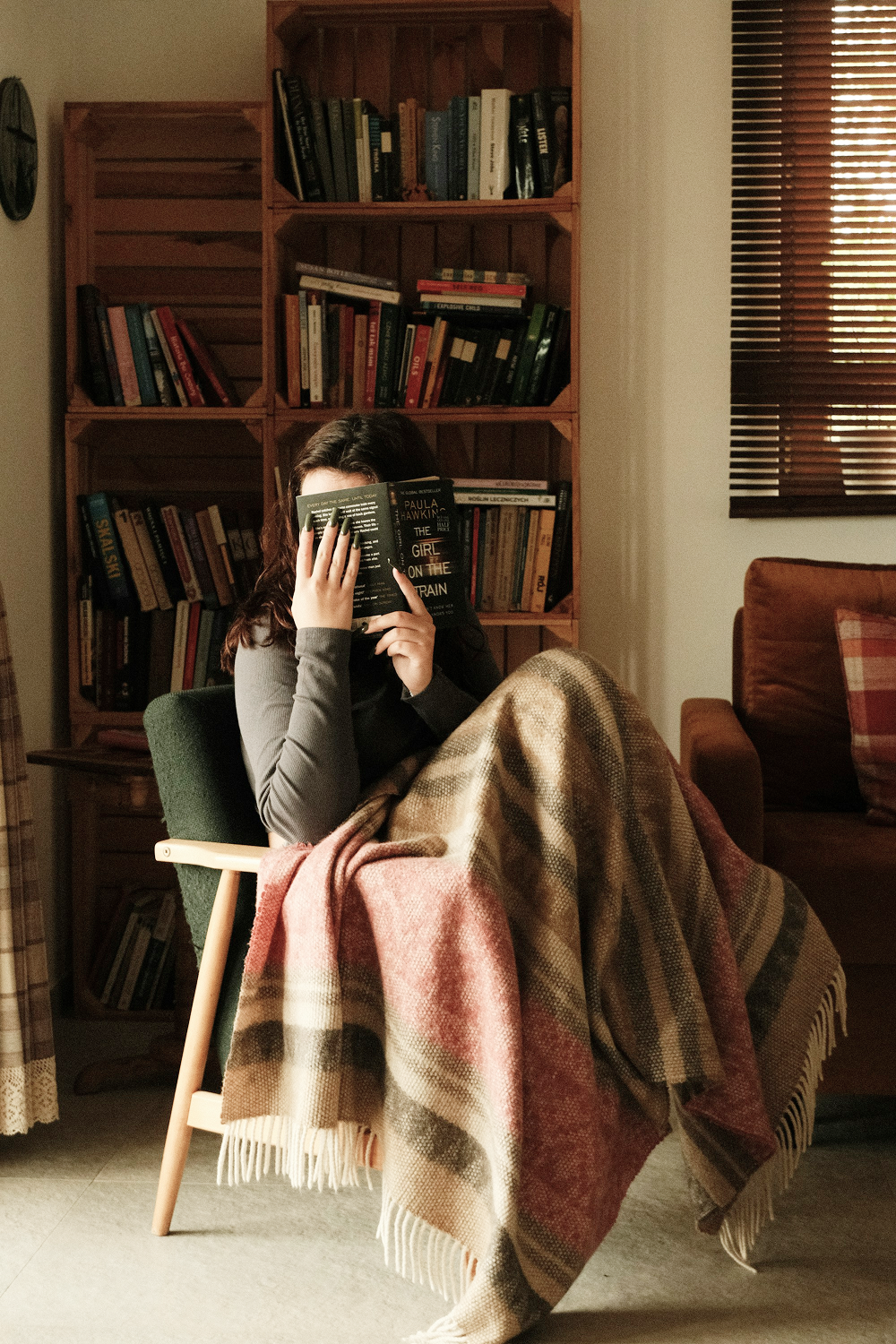
Clutter is not neutral. It speaks, and often it speaks unkindly. It tells us that we are lazy and undisciplined and should be ashamed for not being on top of things. And even when we think we have successfully blocked out its noise, our brain and mind still listen.
Our environment holds more power over us than we might realise. Clutter is often more than just a visual problem. A cluttered physical space translates to a cluttered mental space. It can steal focus, trigger anxiety and stress, disturb sleep and affect our engagement with the world.
But how exactly does clutter mess with our mental landscape? Turns out, there’s real science behind that uneasy feeling.
Clutter demands attention. Our brains are wired to seek order, and when our surroundings are chaotic, the visual cortex becomes overstimulated. Even when we ignore it, our subconscious brain registers the presence of objects it views as clutter. The sensory load on the brain builds up, leaving us mentally fatigued and struggling to focus.
Clutter can also stress us out. Living in a cluttered space triggers the release of the stress hormone cortisol. Constant, chronic stress, over time, can lead to more serious conditions of anxiety and even depression. For most people, it becomes a vicious cycle. Clutter makes them anxious, anxiety paralyses them, making it harder to take action, and the piles grow.
Every object around you requires you to take decisions, even if it is to ignore them. The more objects there are around you, the greater number of decisions you are forced to make in a day. Decision fatigue slowly settles in. As the mental load becomes heavier, your cognitive capability and clarity suffer. Frustration takes over.
Even at night, clutter doesn’t rest. The heap of unfolded laundry and the unattended paper piles sneak into your mind, reminding you of unfinished business. This mental noise can interfere with your ability to wind down and relax. They make you second guess your worth, guilt-tripping you for not doing better. You quietly catch yourself thinking “I am lazy”, “I can never get my life together”, “Maybe, I am a failure”. Shame takes hold and before you know it, your space makes you feel heavy, and you hesitate to welcome others in. Over time, this isolation can deepen, reinforcing the belief that you are alone in your struggle.
But you’re not.
Decluttering isn’t about perfection. It isn’t a battle between you and your stuff. It is a process, taken one day at a time, to give yourself the peace you deserve. When your space is calm, your mind follows. Everything eases – decisions, worries, shame. Clutter is not neutral, but it isn’t a character flaw either. It is only a sign to slow down a bit and care for yourself and your space. You deserve to!
Further Reading
With the world setting up shop on the internet, you can have anything you want,…
I love holding on to things. Over the years, I have meticulously stuffed a little piece…
It was in July, earlier this year, that I finally gathered enough motivation to begin a…



